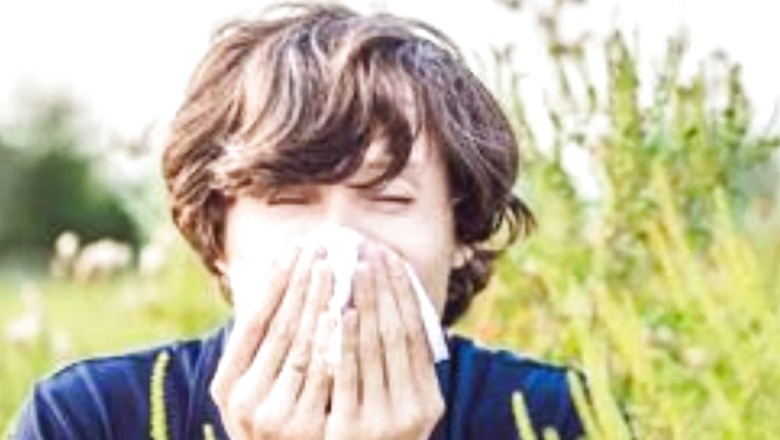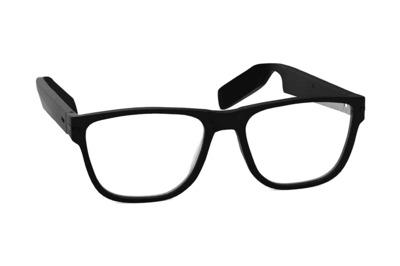
views
Pollen grains are tiny seeds dispersed from plants, trees, grass, and weeds by the wind and can affect our health. The amount and type of pollen in the air depend largely on the season and location. The drastic change in climate can lead to higher pollen concentrations and pollen-related allergies. People with asthma are at greater risk during the pollen season. While a pollen allergy might be unlikely to go away immediately, its symptoms may be treated with medicines.
Here are a few symptoms of a pollen allergy –
- Runny nose or nasal congestion
- Sinus pain and pressure which may lead to facial pain
- Allergic conjunctivitis with red, itchy, and watery eyes
- Sore throat and cough
- Swollen and bluish appearance under the eyes
- Increased asthmatic reactions
Top Showsha Video
Here are some home remedies for pollen allergies –
- You can try nasal saline irrigation or neti pot to unclog nasal passage and remove pollen from the nose.
- Use nasal sprays that can relieve itching and congestion for a short period of time.
- Properly clean and wash your clothes after it has been worn inside.
- Dry your clothes in the dryer instead of hanging them on the clothesline outside the house.
- Use a vacuum cleaner to clean the house and use a High-efficiency Particulate Air (HEPA) filter.
- Take a bath each night before you sleep to get rid of the pollen buildup.
- Make sure to wash your bedding including sheets, pillow covers, and blankets once per week in hot and soapy water.
- For precautions, if you are allergic to pollens, you may stay indoors on dry or windy days.
- If you are stepping out wear a dust mask when pollen counts are high.
- Also, keep your doors and windows closed during the pollen season.
(Disclaimer: Information presented in the article is gathered from various sources/studies. News18 doesn’t guarantee the accuracy of the facts.)
Read all the Latest Lifestyle News and Breaking News here




















Comments
0 comment